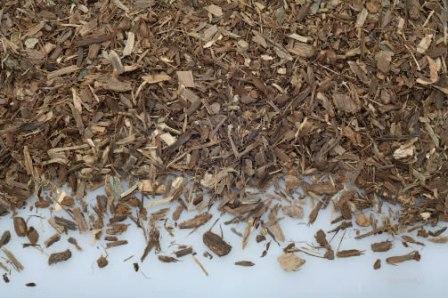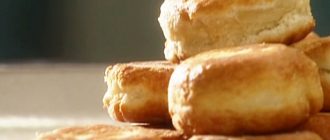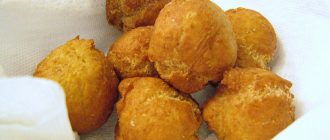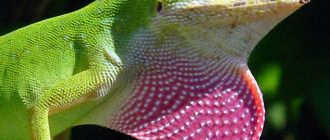Jamaican dogwood bark is a herbal remedy with many purported health benefits. The dogwood bark extract can be consumed as a powder or taken as a tea but is said to have side effects. Read on for more facts & information…
Jamaican dogwood bark is not exclusively Jamaican, it is found in most of the West Indies islands, Florida, Texas, Mexico, Central America and parts of northern South American. It is an herbal remedy that has been known to Western medicine since about 1844 and it has been used by native populations for the treatment of migraines, insomnia, stress and anxiety. Scientific studies have confirmed the medicinal effects of Jamaican dogwood bark.
Description of Jamaican Dogwood Bark
Jamaican dogwood root bark is yellow or grayish on the outside of the bark and a lighter color or white on the inside. It has an unpleasant aroma and a taste that is acrid and bitter and causes a burning sensation in the mouth. The pods of the tree have four projecting wings and are not used for medicinal purposes. Herbal shops sell the bark in pieces which measure one to two inches long and about 1/8 of an inch thick. It may also be purchased as a liquid or tincture. The bark may be brewed as a tea by mixing ½ to one teaspoon of the bark with water and boiling. The tea should be strained to remove the bark before drinking. It is recommended that patients drink three cups of the tea each day.
Also Known as the Fish Poison Tree
One of the chemical components of Jamaican dogwood bark is rotenone which can be used as an insecticide on lice, fleas and their larvae. It is also toxic to fish, but it is believed to be harmless to warm blooded animals. Clinical tests have shown that the plant has anti-inflammatory, anti-spasmodic and sedative effects. It is also effective for treating pain and it induces sweating. There have been no clinical tests on humans and these facts were discovered during animal tests. Medical doctors do not recommend the herb for human use since it is potentially toxic and there is not enough information about the effects of the herb.
Side Effects of Jamaican Dogwood Bark
This herb should not be used by pregnant or nursing women or by elderly people. There is insufficient information about the herb’s interaction with other herbal remedies and prescription drugs to determine if it is safe to use with other medications. Since the herb is known to have a sedative effect it should not be taken with other drugs or herbs which act as sedative since it may have a synergistic effect. Jamaican dogwood bark should not be given to children and should only be used under close medical supervision.
Like many herbal remedies, there is insufficient information about Jamaican dogwood bark to determine its efficacy in treating illnesses. There is also not enough clinic evidence to determine if the herb is potentially toxic to humans. There are safer remedies available at drug stores and herbal shops and most doctors recommend that patients try these remedies before experimenting with Jamaican dogwood bark.





